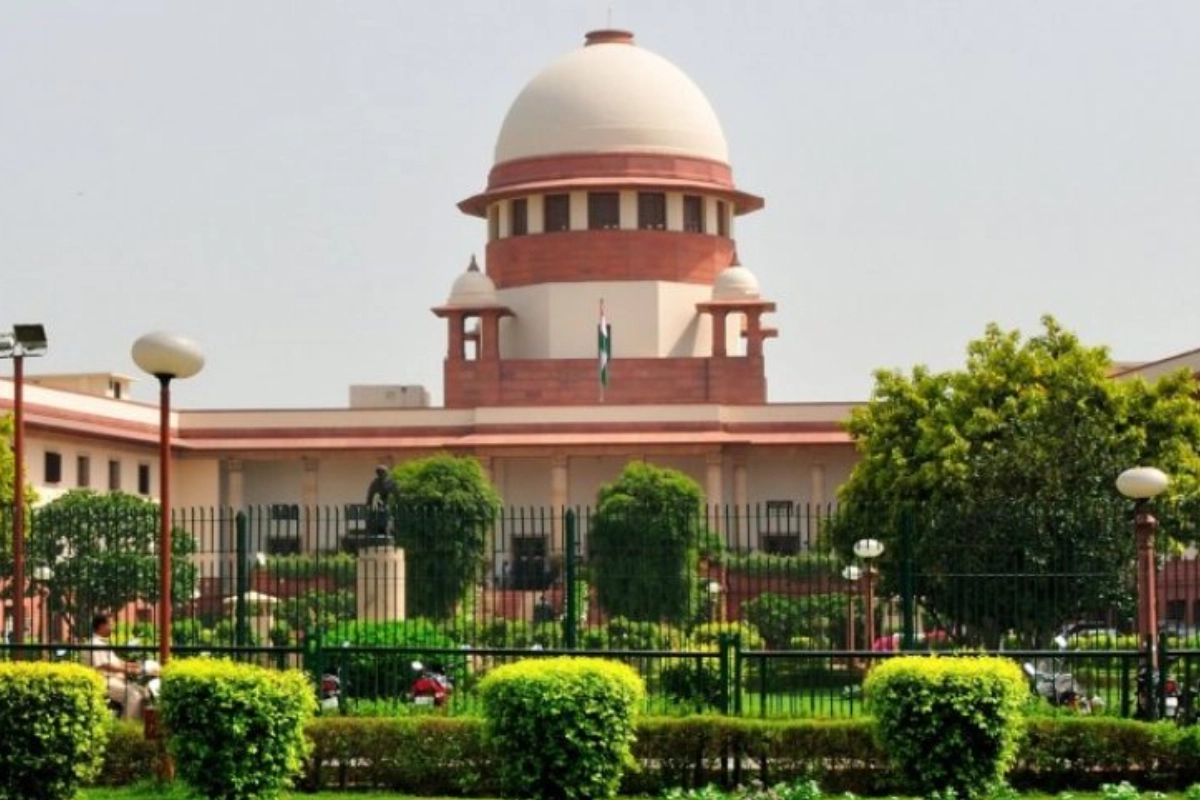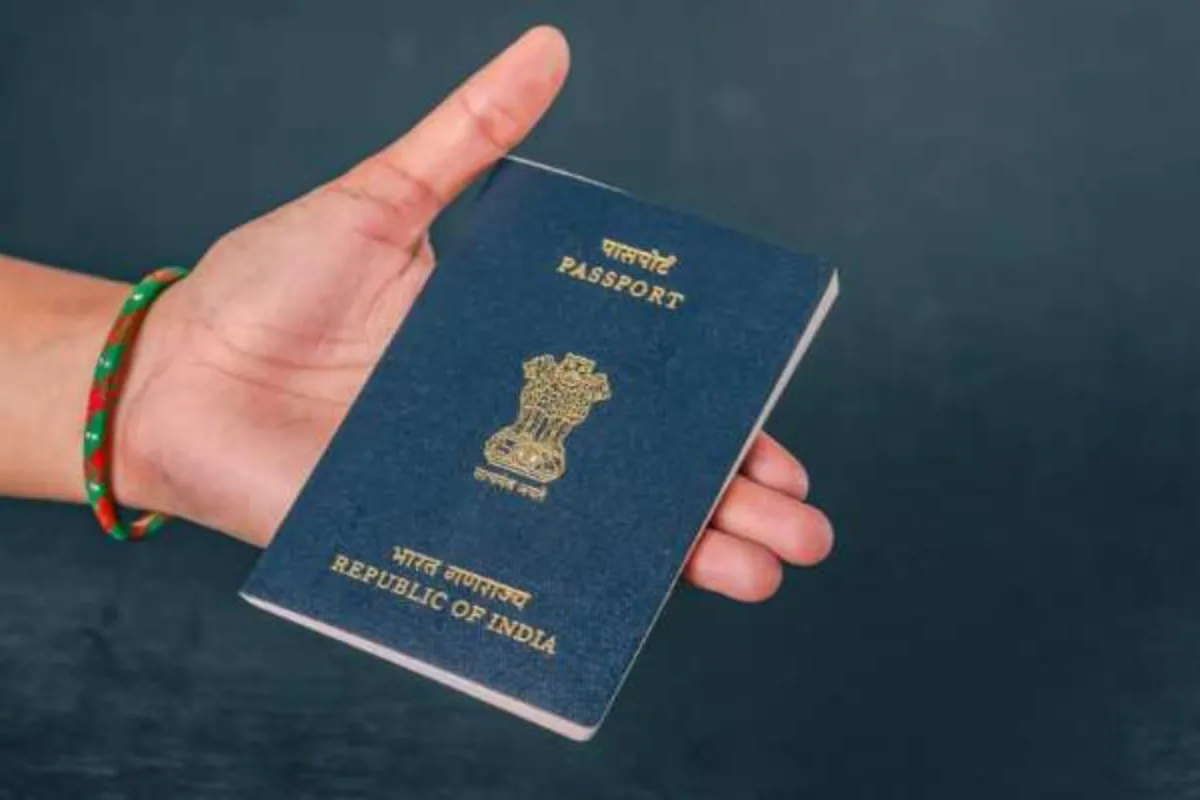The Central Government told the Supreme Court on Monday that the fundamental right to religious freedom does not include the right to convert other people to a particular religion. The Center also said that it certainly does not empower any person to convert through fraud, deception, coercion or inducement. The Center further said that it is ‘cognizant of the menace’ and laws overcoming such practices are necessary to protect the rights of vulnerable sections of the society. These sections include women and economically and socially backward people.
In response to a petition by advocate Ashwini Kumar Upadhyay, the Center explained its stand through a brief affidavit. In the petition, it has been requested to direct strict steps to control fraudulent conversions through ‘threats’ and ‘gifts and monetary benefits’. The affidavit, filed through the Deputy Secretary of the Ministry of Home Affairs, emphasized that the relief sought in this petition would be considered by the Government of India “with utmost seriousness” and it was “cognizant of the seriousness of the issues raised in this writ petition”.
We are not against conversion
Hearing the case, a bench of Justice MR Shah and Justice CT Ravikumar said that it is not against conversion, but against forced conversion. Along with this, the bench asked the Center to file a detailed affidavit on the issue after taking information from the states. The bench said, “You file a detailed affidavit after collecting necessary information from the concerned states. We are not against conversion. But there cannot be any forced conversion.”
Hearing on the petition till December 5
The bench adjourned the hearing on the petition till December 5. The bench also adjourned the hearing on the plea regarding maintainability of this petition. Solicitor General Tushar Mehta told the court that forced conversions are a “serious menace” and a “national issue” and the central government in its affidavit has mentioned the relevant steps taken by some states.
The affidavit states that public order is a state subject and various states – Odisha, Madhya Pradesh, Gujarat, Chhattisgarh, Uttarakhand, Uttar Pradesh, Jharkhand, Karnataka and Haryana – have passed laws to control forced conversions. The petition, filed through advocate Ashwini Kumar Dubey, has sought a direction to the Law Commission to prepare a report as well as prepare a bill to control forced conversions.
Also Read – International Indigenous day 2022: Everything You Need To Know
Keep watching our YouTube Channel ‘DNP INDIA’. Also, please subscribe and follow us on FACEBOOK, INSTAGRAM, and TWITTER.












